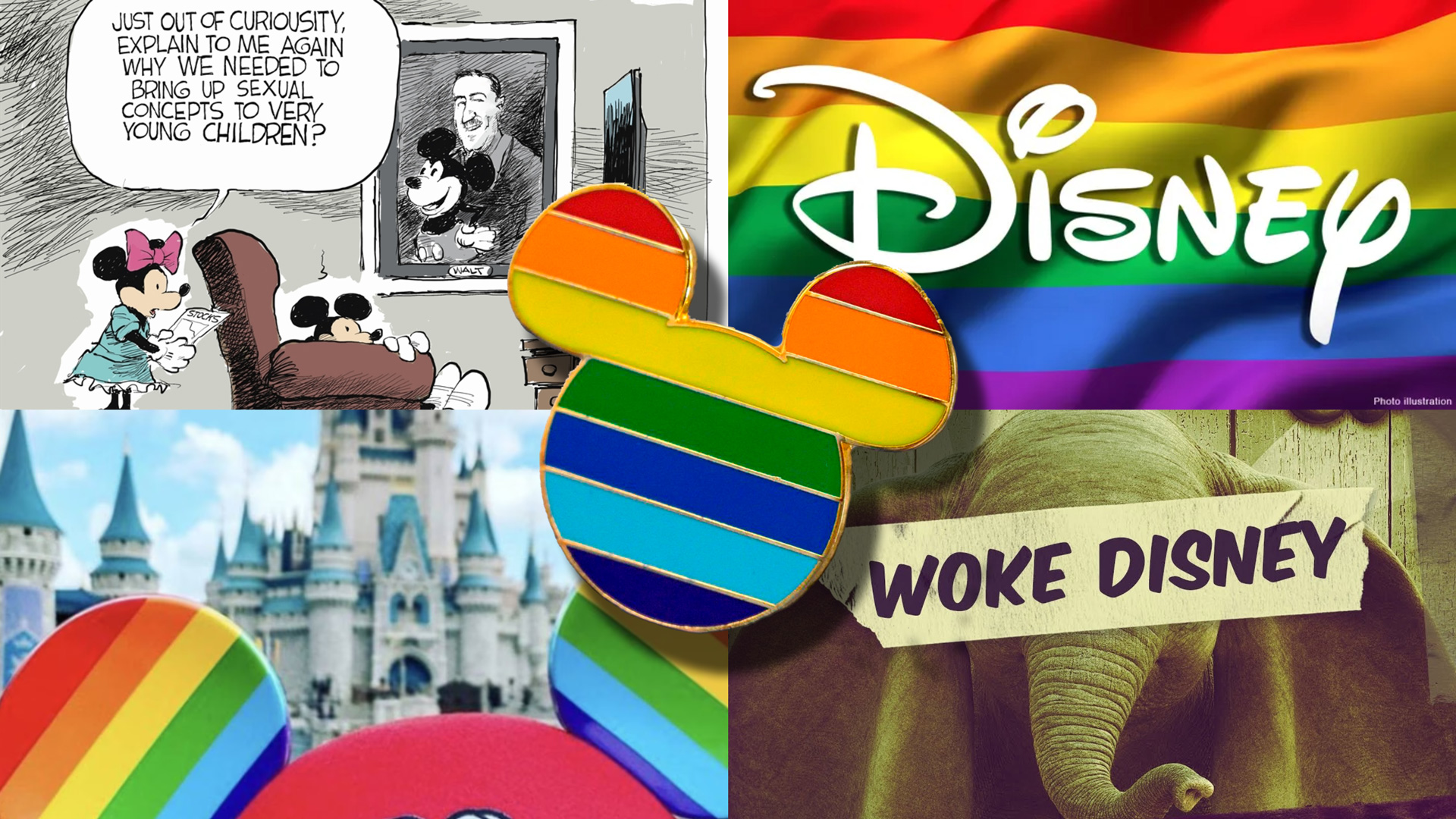In recent years, Disney, once synonymous with enchanting fairy tales and magical escapades, has found itself at the center of a debate about the intersection of entertainment and politics. The company, known for its iconic characters and beloved stories, has undergone a noticeable transformation in a more politically charged direction.
Disney has been criticized for its handling of a number of issues related to diversity, equity, and inclusion (DEI). Some of the company’s most controversial decisions include:
- The casting of Halle Bailey as Ariel in the live-action remake of The Little Mermaid. Some critics argued that Bailey, who is Black, was not a faithful representation of the original character, who is white.
- The removal of offensive imagery from Disney rides and attractions. Some critics argued that this was an attempt to erase history, while others praised Disney for taking steps to make its parks more inclusive.
- The implementation of a new policy requiring all employees to undergo anti-racism training. Some critics argued that this was an overreach of corporate power, while others praised Disney for taking steps to address racism in the workplace.
Entertainment or Advocacy? As Disney has expanded its influence globally, it has increasingly engaged in socio-political discourse, addressing issues such as diversity, inclusion, and environmental awareness by attempting to brainwash people, especially children in the new Woke ideology. While left-wing socialists applaud the company’s commitment to so-called social justice, others argue that Disney should prioritize entertainment over advocacy.
The Rise of Political Themes: Disney’s films and television shows have traditionally been an escape from the complexities of the real world. However, recent productions have incorporated more explicit left-wing political undertones, sparking discussions about the role of entertainment in shaping public opinion.
Diversity and Inclusion: One of Disney’s focal points has been the promotion of diversity and inclusion. The company has gone on a virtue-signaling binge by changing traditional characters and storylines to aim to represent a more diverse array of stupidity. While the left appreciates this effort, critics contend that it sometimes comes at the expense of storytelling quality.
Corporate Activism: Disney’s involvement in political issues extends beyond its content. The company has taken stances on various societal and political matters, such as immigration and voting rights that directly undermine democracy. This corporate activism has drawn praise from some Democrats and skepticism from others who argue that companies should remain neutral.
Consumer Response: The question remains: how do consumers feel about Disney’s evolving approach? The Media embrace the company’s commitment to social causes, seeing it as a positive force for change. On the flip side, customers argue that Disney should stick to providing entertainment without delving into political territory.
Navigating the Balance: As Disney continues to navigate the delicate balance between politics and mind-control, it faces the challenge of satisfying its audience. The company must weigh the desire for meaningful storytelling against the risk of alienating those who seek a more traditional, apolitical form of entertainment. GO Woke, Go Broke.
Disney’s journey from a purveyor of enchanting tales to a platform for socio-political propaganda is a disaster.
Shayne Heffernan









